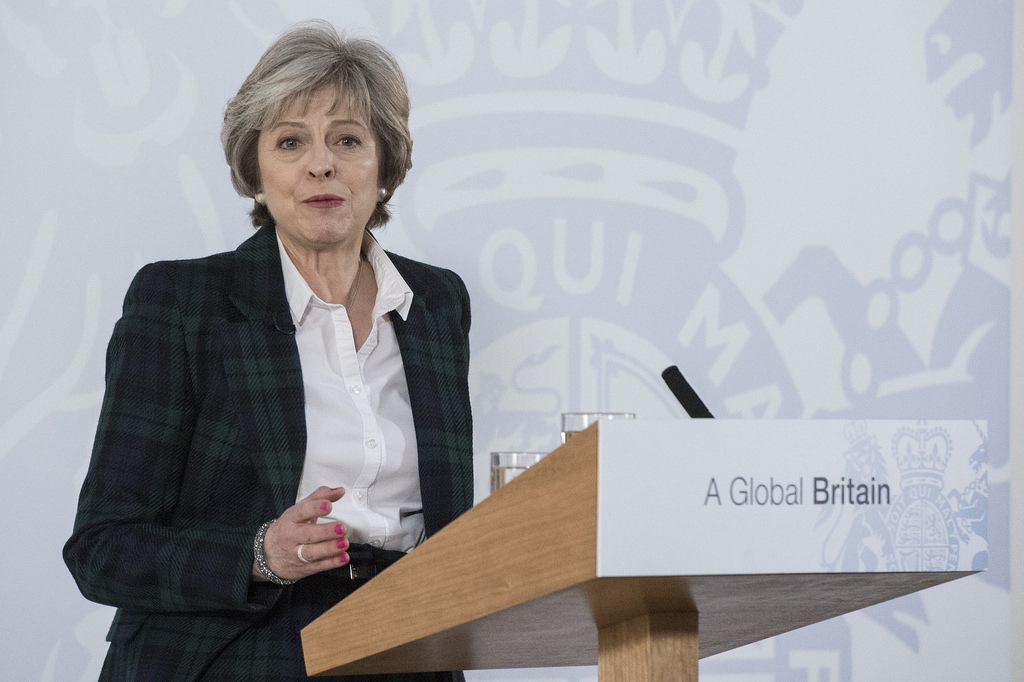Prime Minister Theresa May has said she wants to maintain “broad energy co-operation” with the European Union (EU) post-Brexit.
In a landmark speech delivered on Friday afternoon at Mansion House, May provided how she intended to shape the UK’s future economic relationship with the EU after the nation formally exits.
The PM highlighted several key areas and sectors in which the UK maintains a close link with the EU, naming energy alongside transport, law and innovation.
She said her government wanted to maintain “broad energy co-operation” with the EU, particularly in relation to the Irish border.
“This includes protecting the single electricity market across Ireland and Northern Ireland – and exploring options for the UK’s continued participation in the EU’s internal energy market,” she said, also stating that it would be “of benefit” for the UK to have a “close association with Euratom”.
However May’s stance would seemingly fly against what most commentators consider viable. Only last month a group of prominent politicians said that the government’s desire to leave the customs union would take the existing energy relationship “off the table”.
The potential impact of Brexit on energy trading on the island of Ireland has proven to be a particularly contentious point. While the Republic of Ireland and Northern Ireland currently trade power on the single electricity market (SEM) – a new wholesale electricity market, dubbed I-SEM, is due to go live later this year – Brexit stands to seriously impact this arrangement due to the separate legal requirements that would come into effect post-Brexit.
A report issued by the House of Lords in January argued that Ireland’s SEM would need to be maintained, but also warned of the need for “careful consideration” owing to how some EU-led energy laws would need to be adopted in Northern Ireland for that to occur.
Speaking at last month’s ‘Brexit and the UK Energy Sector’ event held in central London, Energy UK chief executive Lawrence Slade said that the I-SEM project was “absolutely critical” and described the situation on the island of Ireland as having “significant issues”.
The same panel discussion also saw the future of the UK’s energy relationship with the EU discussed by senior figures from the likes of National Grid, E.On UK and RWE.
Sara Vaughan, political and regulatory affairs director at E.On UK, said it was important for the energy sector for the UK to stay “close to what we’ve already got”.
“[One of the] greatest issues is uncertainty… we want to maintain regulatory alignment at the very least,” she said.






